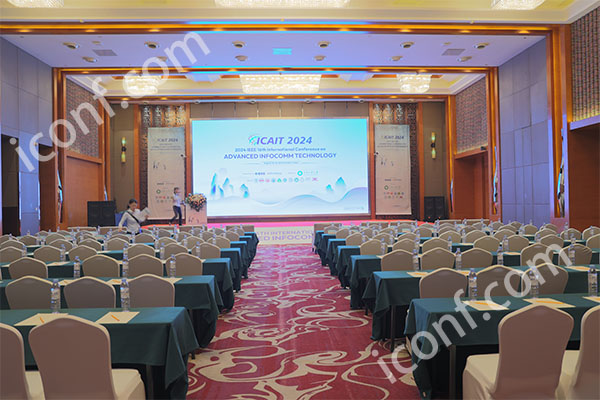

338 views||Release time: Dec 06, 2024
Submitting a conference paper is a critical milestone for researchers and academics. However, even seasoned authors can encounter pitfalls during the process. Understanding these common mistakes can significantly enhance your chances of acceptance. Here’s what you need to avoid:

Conference organizers provide detailed submission guidelines for a reason. Whether it’s formatting requirements, word limits, or reference styles, failing to adhere to these rules can lead to outright rejection. Always double-check your manuscript against the specified guidelines before submission.
The abstract is the first thing reviewers read and often determines whether they will proceed with the full paper. A poorly written abstract that lacks clarity or fails to highlight the research's novelty can hurt your submission. Invest time in crafting a compelling, concise abstract.
Grammatical errors and typos may seem minor, but they leave a lasting impression on reviewers. Thoroughly proofread your paper, or better yet, have a colleague review it for a fresh perspective.
Each conference has a unique scope and target audience. Submitting a paper that doesn’t align with the conference's theme or fails to engage its audience reduces the chances of acceptance. Tailor your content accordingly.
Late submissions are rarely accepted, even if the content is exceptional. Stay organized and set reminders for submission deadlines to avoid unnecessary stress.
While technical terminology is expected, overloading your paper with jargon can alienate reviewers. Aim for clarity and ensure your arguments are accessible, even to those outside your immediate field.
References support your claims and demonstrate your familiarity with the field. Using outdated or irrelevant citations can weaken your paper's credibility. Strive for a balanced and current bibliography.
A disorganized paper makes it difficult for reviewers to follow your arguments. Use clear headings and subheadings, and ensure each section logically flows into the next.
Submitting a successful conference paper requires meticulous preparation, attention to detail, and an understanding of the conference’s requirements. By avoiding these common mistakes, you can improve your paper’s quality and increase its likelihood of acceptance.
Discover more about improving your academic submissions at iConf.